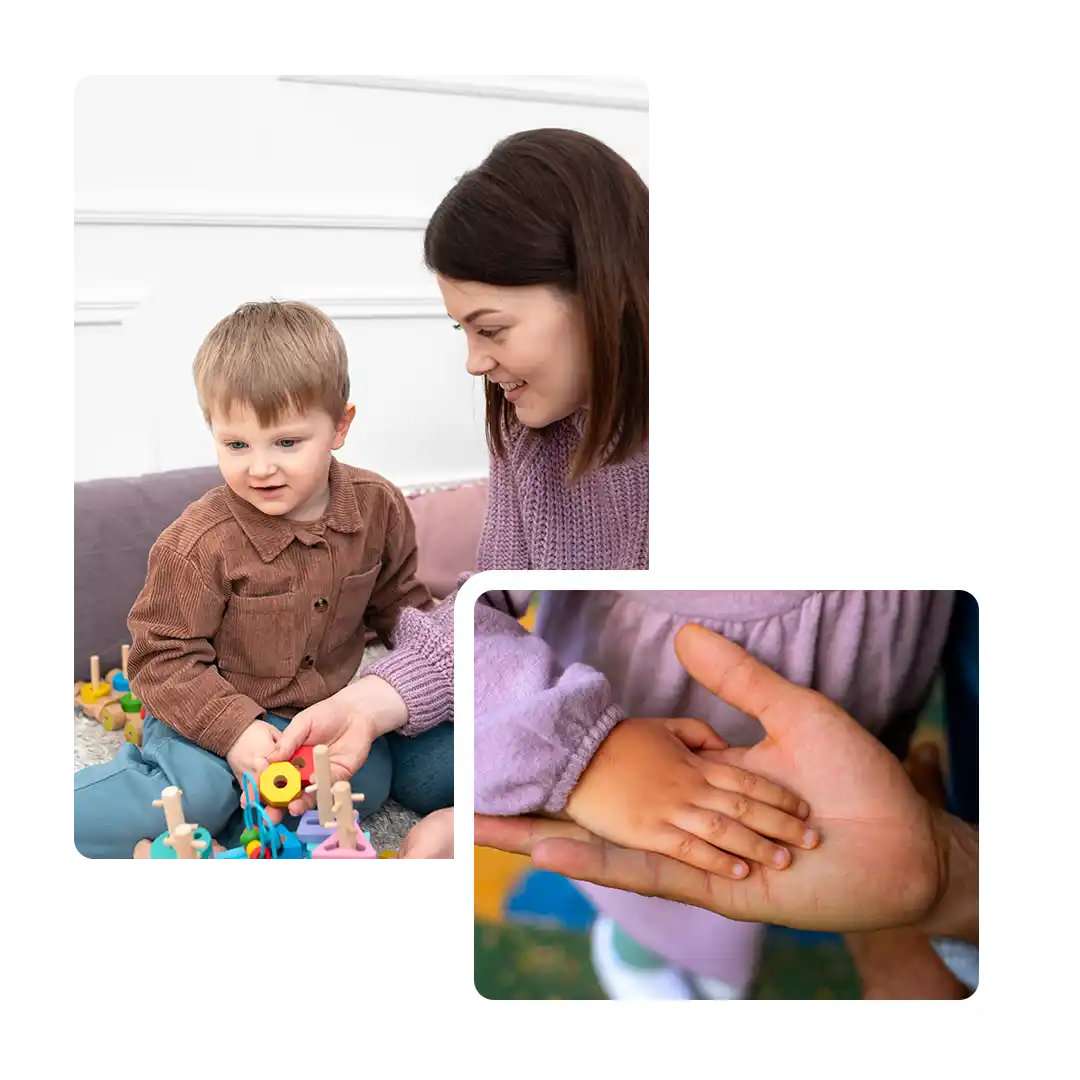Foster Care
Numerous individuals reside distant from loved ones who require assistance. Being a long-distance caregiver puts you at a disadvantage, lacking hands-on support. Without proximity, you’re constantly anxious about staying informed and meeting the needs of an elderly person.
For individuals in their advanced years (80-100) or those with dementia or severe health issues, leaving them alone with minimal support poses risks. Eventually, they may need to transition to a residential facility like assisted living or a skilled nursing home. In situations where immediate attention is needed and you live far away, foster care becomes invaluable. It’s a solution when close relatives are unable to provide care or support due to distance.
In such circumstances, we step into your shoes to provide comprehensive care and support. Through our ‘foster care’ program, we serve as your representative, managing every aspect of the elderly person’s life. To clarify, consider the following examples: If the individual residing in our assisted living or skilled nursing facility has a dental appointment, we ensure they are taken to the dentist. Similarly, for clinical appointments, we arrange transportation to the doctor’s office. Additionally, if legal consultation or attendance at social events is desired, we provide accompanying support.

Adult foster care offers a nurturing home environment tailored for individuals with special needs, encompassing disabilities, mental health challenges, and age-related conditions like dementia and Alzheimer’s disease. These settings typically offer support with daily tasks such as transportation and meal preparation, as well as aid with dressing and household chores, akin to assisted living facilities. The overarching goal is to create a homely atmosphere with social engagement and attentive care, enabling seniors and adults with disabilities to retain a degree of independence while providing distant relatives with a reassuring sense of belonging.
Foster care essentially refers to providing home-based care to adults, often associated with elders facing intellectual or developmental disabilities that impact their independent living. However, there’s a growing sector of foster care tailored to the aging population, particularly when immediate family members are distant and elders are left to manage alone. With the “baby boomers” entering their senior years and adult children migrate, the demand for foster care services is increasing. Typically, foster care involves assisting with daily activities such as meals, eating support, cleaning, bathing, grooming, dressing, mobility assistance, errands, transportation to appointments, and medication management. Foster care can also help to ensure personal safety by preventing wandering and self harm behaviours.

